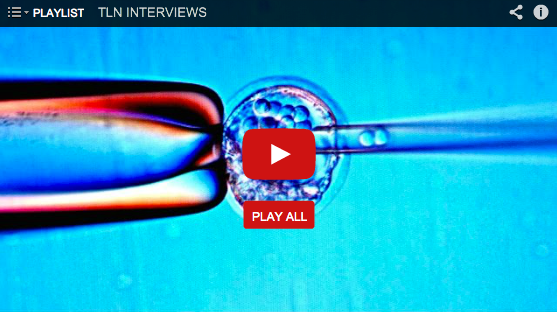Stemedica Cell Technologies announced today the signing of an agreement with the Jordanian Stem Cell Company. The five-year, multi-million-dollar deal includes the purchase of technology from Stemedica’s wholly-owned subsidiary, Stemedica International, S.A., for the development, testing and commercialization of adult stem cell products. The first clinical trial under the new agreement is expected to begin in early 2010.
Based in Lausanne, Switzerland, Stemedica International is a wholly owned subsidiary of Stemedica Cell Technologies, headquartered in San Diego. Both are specialty biopharmaceutical companies that manufacture adult stem cells and stem cell factors for preclinical and human clinical trials conducted at research institutions and hospitals.
Headquartered in Amman, the Jordanian Stem Cell Company is chaired by His Royal Highness, Prince Asem Bin Nayef.
The signing took place at the European Burns Association Congress in Lausanne, Switzerland and was attended by Sam Alkhass, CEO of the Jordanian Stem Cell Company, as well as several representatives of Stemedica who included Dr. Mark Tager of Stemedica’s dermatological operations; Dr. Alex Kharazi, vice president of Stemedica’s research and manufacturing; Dr. Riccardo Nisato, director of manufacturing and business development at Stemedica; and Dr. Frank Schuller, CEO of Stemedica International.
As Sam Alkhass stated, "We are delighted to be working with Stemedica International. Jordan has an excellent reputation as a provider of innovative and quality-driven medical treatment. It was fundamental to our company’s future, and Jordan’s reputation, that we find the best possible partner within the stem cell industry. We believe we have accomplished this objective by securing a long-term exclusive relationship with Stemedica International."
As Nikolai Tankovich, M.D., Ph.D., Stemedica’s president and chief medical officer and vice chairman of Stemedica International, added, "Stemedica International will be providing our state-of-the-art stem cell technology to the Jordanian Stem Cell Company and will actively support their development and implementation of a clinical trial for burns. We will work closely with the leadership of the Jordanian Stem Cell Company to secure all necessary governmental approvals for the clinical trial. The trial is anticipated to begin sometime in the first quarter of 2010."
According to Dr. Schuller, "This is an important day for Stemedica International. This is a real testament to the quality and integrity of our products and the experience, dedication and professionalism of our team."

